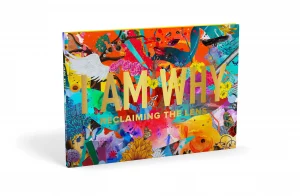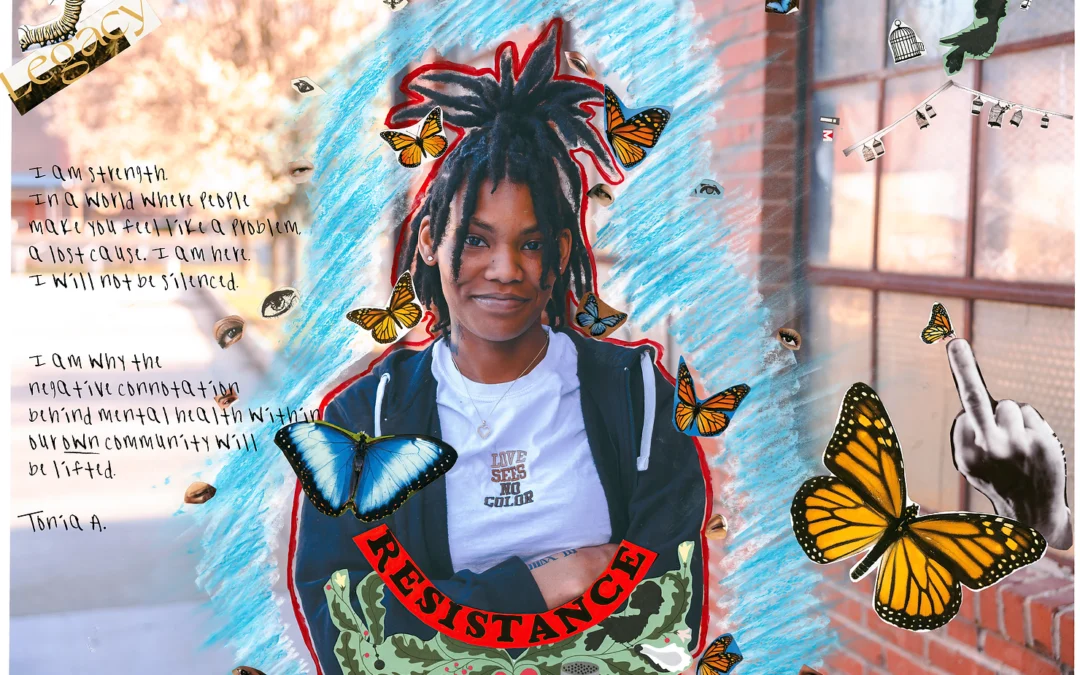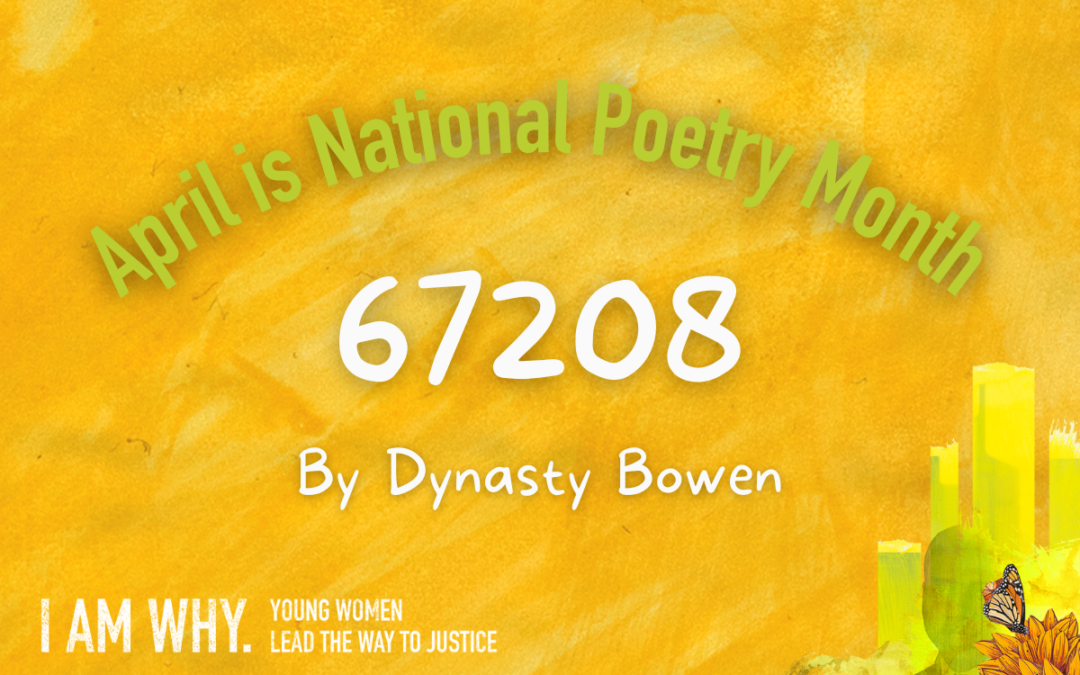In my journey into stepping into my power, I came across
many roads and one I did not want to do is work with white women.
My whole life has been shaped by my bay area community members
mentoring me. I am that seed that slipped through the cracks
and throughout the years my community has watered me
and nurtured me into who I am today and who I grow to be.
How do I go about feeling safe and authentic to myself with a woman
whose identity represents people who historically and to this day perpetuate
genocide on the people of Turtle Island?
How can I ever create an authentic mentorship relationship with a young woman whose life has unfolded so differently from mine? My existence in whiteness, privilege is a representation of her trauma, her oppression. Can we build trust out of that poisoned foundation?
If I am committed to a power shift, a true partnership to tear down systems of dehumanization and subjugation, trust is the first step. How can we build a space of connection where we can be our authentic selves, honestly share our experiences and our differences, find common ground, open ourselves to learning?
How….I could never. However we must be fluid and adapt and address the needs of our commitments to our communities
But through my experience at
I Am Why I came to know people for who they are.
Learning, unlearning, relearning as I experience and evolve.
Reciprocity.
How do we embody and practice being in harmony
with each other, allowing each other to learn? How do we
move from here? How do we build a mentoring relationship
between two different people? How do we co-create a world
where we acknowledge trauma, acknowledge privilege,
acknowledge that it takes all of us to create a safe, just world
we want our children to inherit? How do we cultivate a mentoring
relationship that feels whole, and allows for the growth of both?
So much of traditional mentorship is rooted in presumption…who has knowledge, who needs knowledge…who has power, who lacks power…who has something to give, who needs to take.
But we both need to come to the mentorship relationship ready to be vulnerable and open to learning. It’s not about one person having an answer and sharing it with the other person. It’s about sharing perspective, experience, history, knowledge that you can then bring back into your life outside of the mentorship. It’s about being open to learning, letting go so you can gain something new.
Most would think of mentorship as a top down approach.
There is a “mentor” who is mentoring the “mentee.” Most
mentorship relationships are structured in that way. In
I Am Why, though, we practice reciprocal mentorship relationships:
Each one, teach one. We are the experts in our stories and
lived experiences, and same for the other person. We practice
adaptive leadership where we can each become the student and the teacher.
It’s important to be very upfront and clear-eyed about how we are trying to do things differently, how important it is for us to question the power dynamics of typical mentorship relationships. Otherwise we could just float on the surface and never really dig into how our differences shape us and our work, and how our commonalities of humanity and purpose can connect us in our work. We would remain defined, separated by our identities.
How do we nourish someone who has been traumatized
by many institutions, when they represent them? How do
we build trust so we have a solid foundation for the relationship
we will be cultivating?
Time. Taking the time to feel like we can build authentic relationships.
Our mentorship relationship grew out of time, out of space for deep conversations about work and life, out of knowing we were building a long-term mentorship through regular connection.
Moving through your trauma, by being honest and vulnerable
with firm boundaries, allows trust to be built. That can be
challenging, which is why it is important to cultivate a safe
and brave mentorship environment. Allowing yourself to
recognize your privileges and not center your biases. Moving
through the understanding that learning, unlearning and relearning
is a reciprocal experience that is necessary for there to be trust
and compassion. And with that you can still be assertive,
practicing discernment, knowing how to approach and when.
Mentorship in I Am Why is not about separating the personal and professional—the personal informs the professional. We need to ask what that means, how does it play out in the workplace, how does that change the way we all teach and learn, how should it change our goals and expectations?
Moving through our biases, moving through our fear and being
courageous, practicing authenticity and patience to promote authentic change.
Whether it’s trauma, privilege, ignorance, shame—the intention
to move away from a state of fear will allow for a healing mentorship
relationship.
If we hope to create a power shift, we need these kind of lasting mentorship spaces that are intergenerational, interracial, and intercultural. We need to create space for a gradual breaking down of deeply entrenched norms and then a building up of something new that’s rooted in mutual respect, empathy, collective knowledge…instead of just standing side-by-side in the work, we rely on one another, support one another, encourage one another. We are true partners, we are friends.
– Alondra Aragon, I Am Why Program Manager; Annie Balck, I Am Why Advisor & Research Consultant




